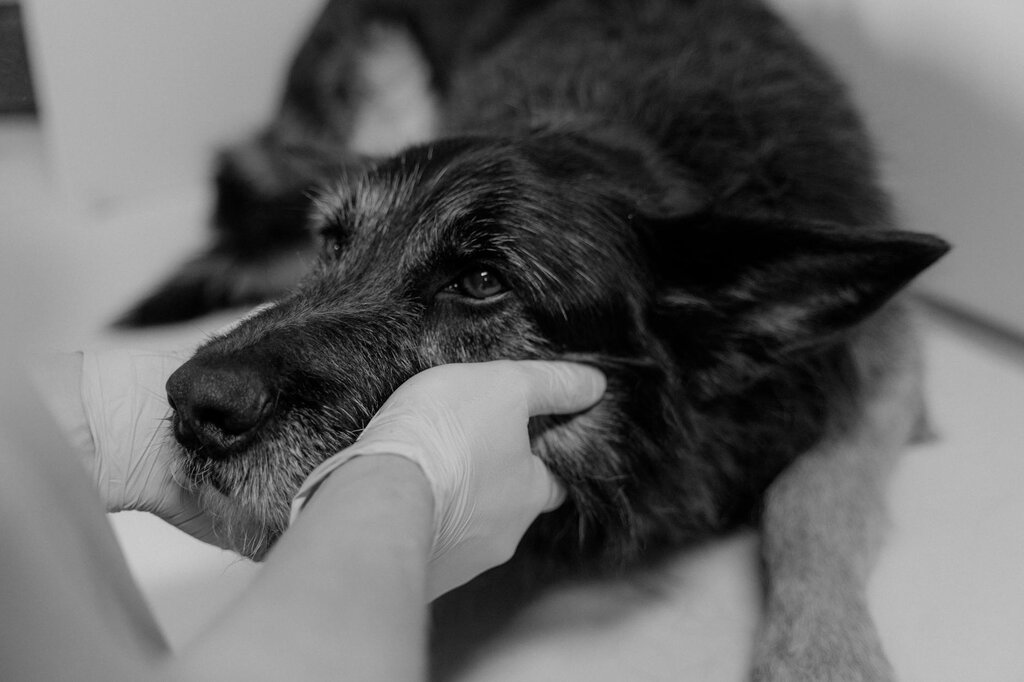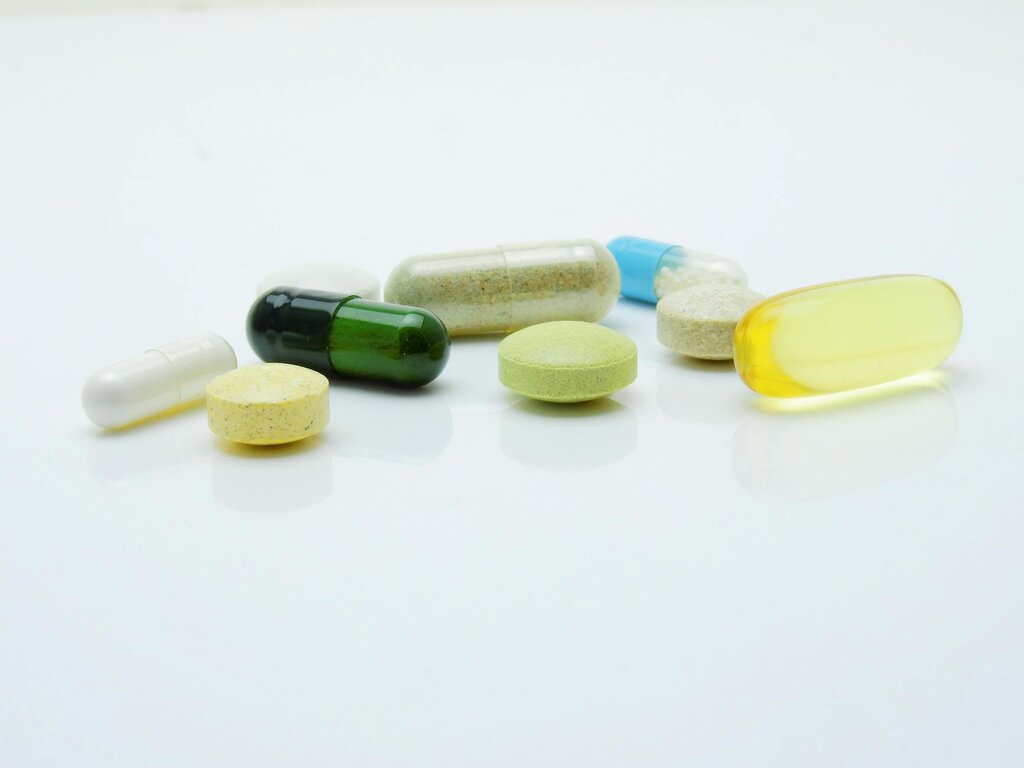When it comes to supplements to reduce flatulence in dogs, probiotics and prebiotics tend to be the gold standard recommendation to help balance the microflora.
Definitions: What's the difference between a Probiotic and a Prebiotic?
Probiotics desposit live good bacteria directly into the gut. This helps establish populations of known beneficial bacteria in the gut by providing organisms directly.
Prebiotics deposit 'food' for the good bacteria - usually fibre - into the gut. This food helps the microbes thrive and grow. Prebiotics are selectively fermented fibres that the microflora feed on, including disaccharides (lactulose, tagatose), oligo- or polysaccharides [fructo-oligosaccharides (FOS), mannan oligosaccharides (MOS), or long-chain prebiotics like inulin.
Should I give my dog a probiotic?
Any dog who has chronic gas, or who has recently been treated with a course of antibiotics, may benefit from a probiotic supplement in addition to a dietary trial. Additionally, you may wish to give a probiotic for ongoing maintenance of any allergic, skin or immune conditions.
Anecdotally, probiotics are often reported to assist dogs with chronic gastro conditions such as a sensitive stomach, recurrent diarrhoea, food sensitivities, bloating and gas, as well as those with chronic allergies. It's possible that these dogs are also treated with courses of antibiotics more frequently than other dogs, which may be the reason for the noticeable improvement. But regardless of the reason for the success, many believe that probiotics are worth a try - and they certainly can't do any harm.




